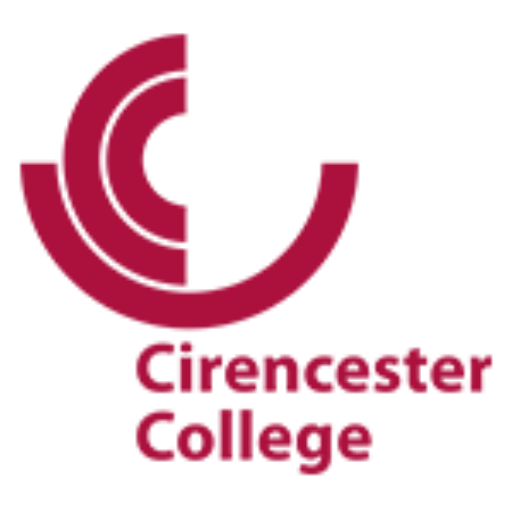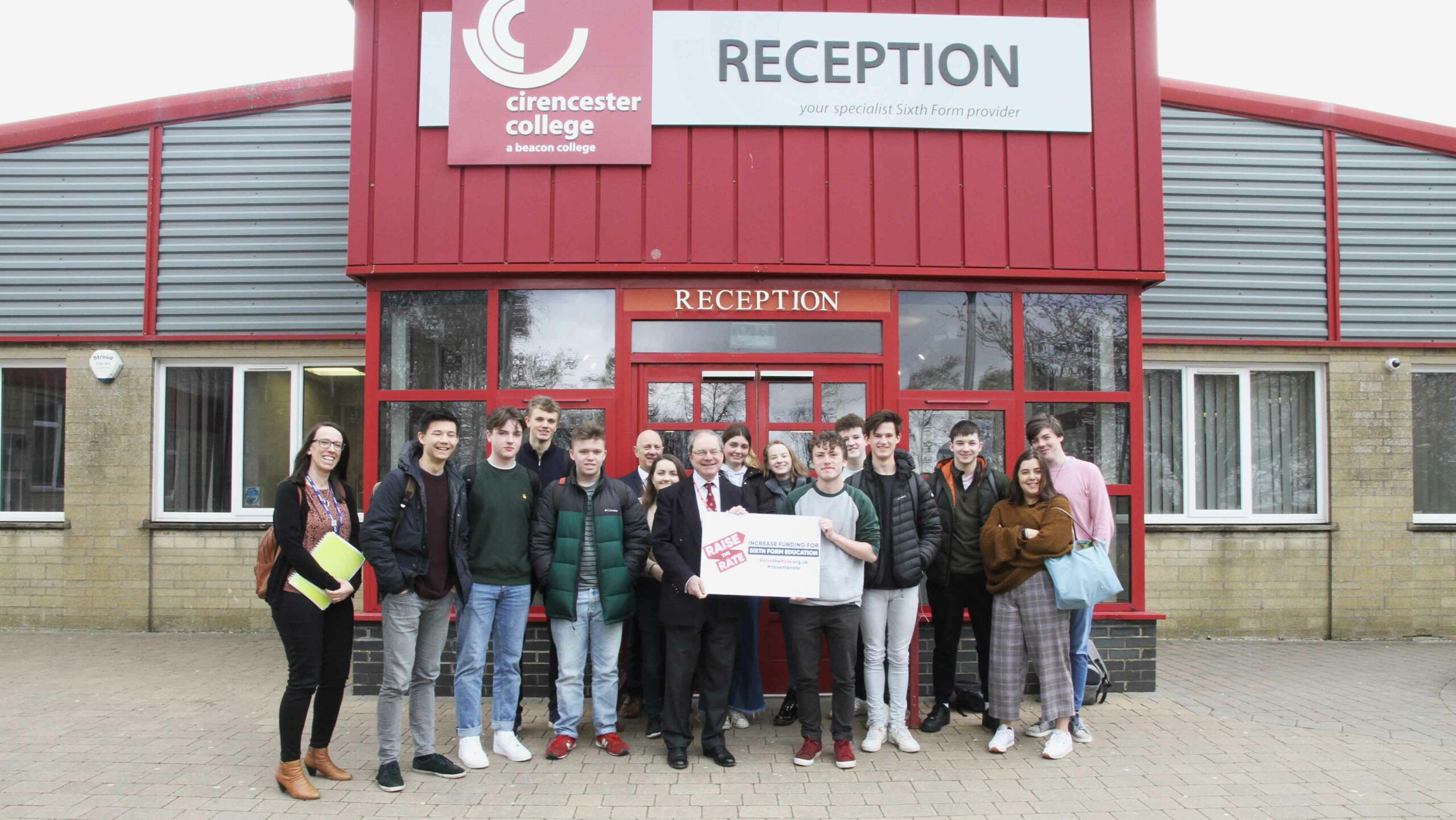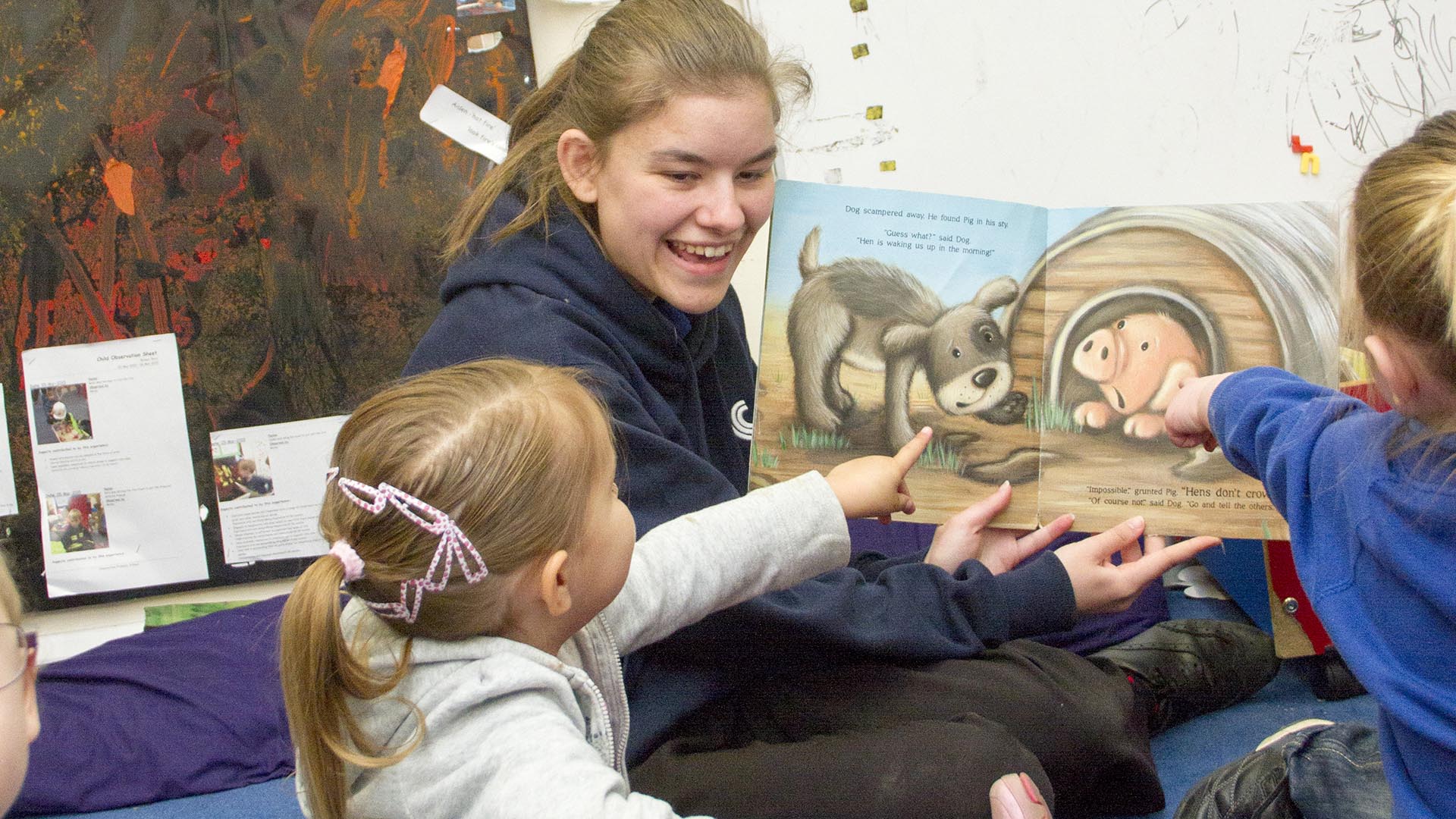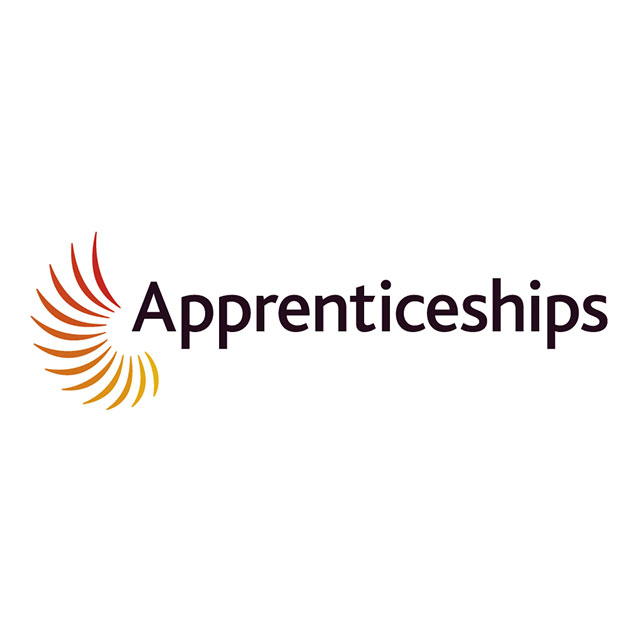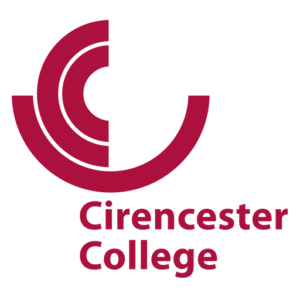DO NOT DELETE OR EDIT THIS ROW OR ITS CONTENTS

Is 'rizz' a 'real word'? Does it matter that language varies and changes? If you have a view, then you'd find this course rewarding. This course is the 'science of English', and a world away from what you studied at GCSE: we study the kaleidoscope of the many varieties of language as it's used in the real world. As well as the study of a wide range of written and spoken datasets (collections of texts) we also engage with current debates around language by writing as journalists.
What will I study in English Language A-level?
How did you acquire language as a small child? how has your language changed since school? How do we achieve power through language and how far is our language influenced by our gender, ethnicity, social class and relationships? Students' experiences are valued and viewed again through the lens of academic research.
Entry Requirements
5+ GCSEs at Grade 4 or above from the core subjects, including Maths and Grade 5 in English Language.
A Grade 5 in English Literature is also recommended.
How will I learn?
There will be class discussions, group work and a coursework investigation. You will also learn through the Flipped Study of following linguistic debates in the media, academic research into linguistic concepts and engaging with podcasts.
How will I be assessed?
There are two exams of 2.5 hours each and two coursework tasks. You will be assessed through essays, your own creative, journalistic writing, and through an Academic Poster, for which you're assessed on your ability to successfully summarise and adapt your findings about language use for a non-linguistic audience. This last method is an increasingly common method of assessment at university.
Any trips?
We attend the Emagazine Language Conference in London and The Great Create at the University of Gloucestershire. Students also have the opportunity to attend the York Linguistic Toolkit Workshops lectures and guest lectures. For example, students attended an interview with the award-winning journalist Jessica Hill, who uncovered the story about crumbling school buildings in 2023, about her career.
Are there any costs involved?
Students will need to pay for course booklets and trips.
FAQs
One key branch of linguistics (the scientific study of language) is grammar. However, our approach is different from the sometimes arbitrary 'right and wrong' grammar of the SATs you sat at the end of primary school or in GCSE modern languages.
You will get very good at grammar on the course, but because of our different approach, we don't assume any understanding. You'll find though, that you have stronger views on grammar than you perhaps thought you did!
in line with universities, we analyse the grammar that is used, rather than seek to correct it, though this would make for a much easier A Level! We see grammar as another way of understanding how meanings are made, which is where grammar becomes interesting.
There are no Speaking & Listening exams for A-level. However, Speaking & Listening is a key topic that we study for Paper 1, Section C, which is all about spoken communication. We also use this study when we look at child language acquisition and the overlap between speech and writing in our online communication.
There are two exams (80%) and a coursework portfolio (20%). Most of the assessment is through written essays, though you will also write as a journalist about Language in the Media.
Awarding Body
OCR
Available As
[56 UCAS pts. available]

Add to Application
What can I do after I have taken this course?
Available As
[56 UCAS pts. available]

Add to Application

DO NOT DELETE OR EDIT THIS ROW OR ITS CONTENTS

